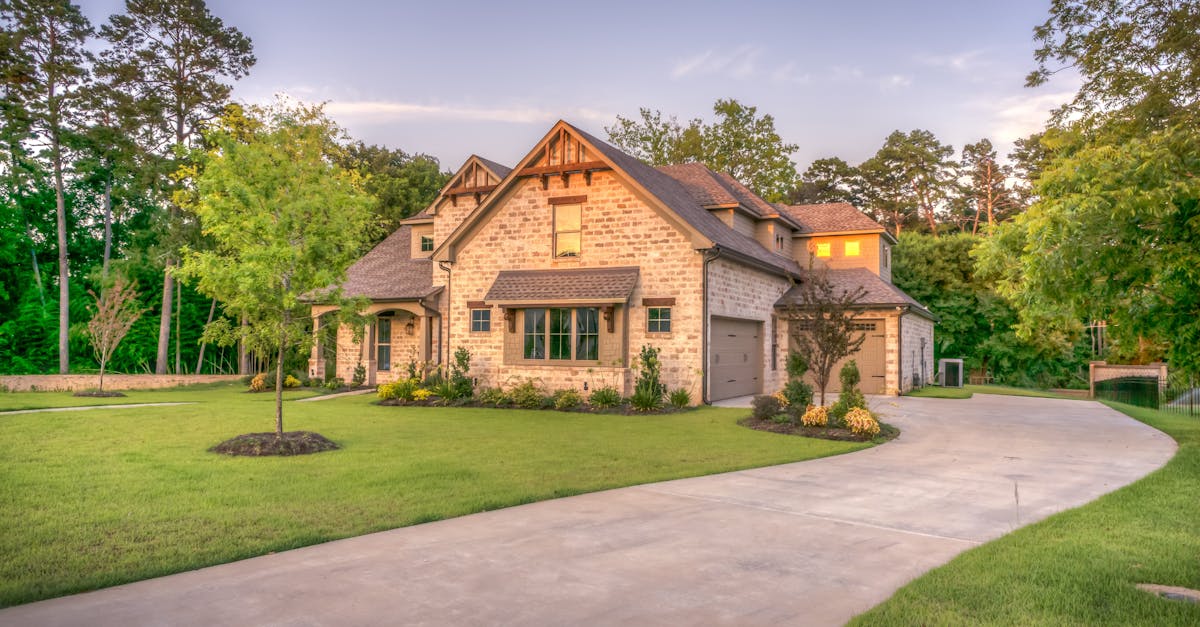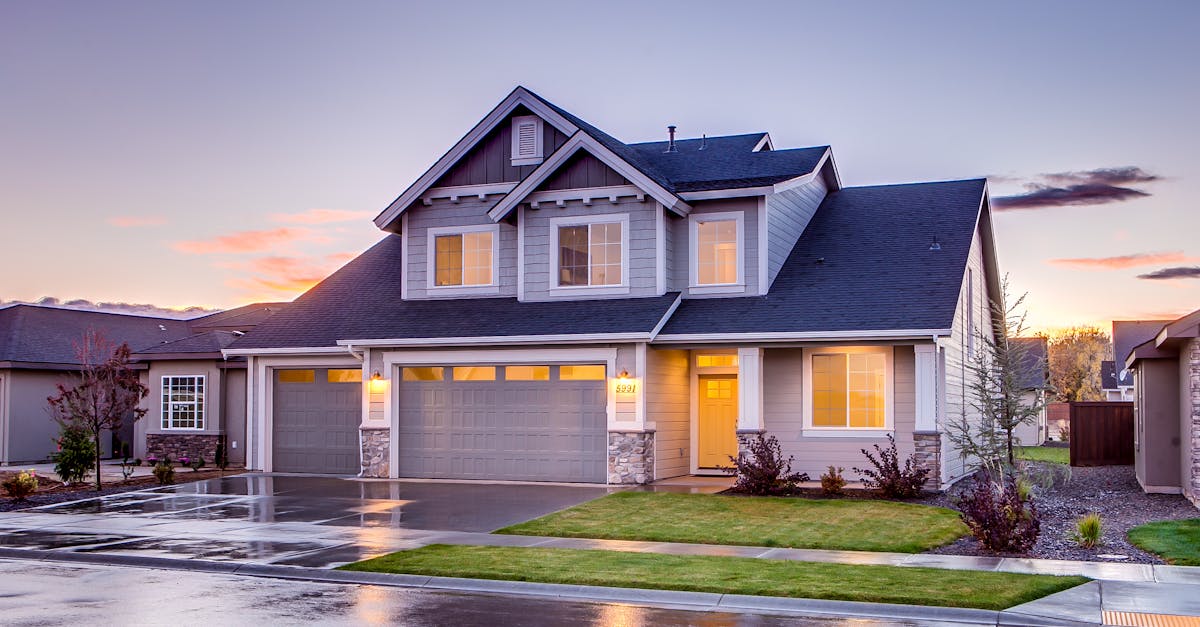
Table Of Contents
Understanding LandlordTenant Laws
Understanding landlord-tenant laws is a fundamental aspect of property management. Property managers must have a comprehensive grasp of the legal framework governing the landlord-tenant relationship to ensure compliance and smooth functioning of the property. This includes understanding the rights and responsibilities of both landlords and tenants, as well as the procedures for handling disputes and evictions within the parameters of the law.
In the realm of property management, knowledge of landlord-tenant laws equips property managers with the ability to draft legally binding lease agreements that protect the interests of all parties involved. Additionally, staying informed about any recent updates or changes in legislation pertaining to rental properties is crucial for property managers to effectively navigate the intricacies of the landlord-tenant dynamic.
Handling Lease Agreements
When it comes to property management, handling lease agreements is a crucial aspect of the job. Lease agreements serve as the legal foundation outlining the terms and conditions between landlords and tenants. It is the property manager's responsibility to ensure that the lease agreements are comprehensive, legally-binding, and fair to both parties involved. Property managers must carefully review and explain the terms of the lease agreements to tenants to avoid any misunderstandings or disputes later on.
In addition to drafting and explaining lease agreements, property managers are also tasked with enforcing the terms outlined in the document. This includes collecting rent on time, addressing any issues related to the property maintenance, and resolving conflicts that may arise between landlords and tenants. By effectively managing lease agreements, property managers contribute to maintaining a harmonious landlord-tenant relationship and ensuring that the property remains well-maintained and profitable.
Implementing Sustainable Property Practices
Implementing sustainable property practices is crucial in the field of Property Management. By integrating environmentally friendly strategies, property managers can reduce their carbon footprint and contribute to a healthier environment. Initiatives such as energy efficiency upgrades, waste reduction programs, and water conservation efforts not only benefit the planet but also result in long-term cost savings for property owners.
Property managers play a significant role in promoting sustainability within their properties. By staying informed about the latest green technology and trends, they can make informed decisions that align with the overall goal of creating more eco-conscious and resource-efficient properties. Through thoughtful planning and strategic implementation, property managers can set the standard for sustainable practices in the real estate industry.
Energy Efficiency Initiatives
Energy efficiency initiatives play a crucial role in the realm of Property Management. By integrating sustainable practices, property managers contribute to reducing energy consumption and minimizing the environmental impact of buildings. Implementing energy-efficient measures not only aligns with evolving regulations but also equips properties to operate cost-effectively in the long run. Property managers are tasked with exploring various strategies such as installing energy-efficient lighting systems, optimizing heating and cooling systems, and utilizing smart technology to monitor and control energy usage effectively.
Property managers are at the forefront of driving positive change in the building sector by embracing energy efficiency initiatives. By adopting innovative solutions, such as upgrading insulation and windows or integrating renewable energy sources like solar panels, property managers can enhance the overall energy performance of buildings. In addition to reducing operational costs for property owners, energy efficiency initiatives contribute to creating healthier and more sustainable living and working environments for tenants. In a rapidly evolving property landscape, a focus on energy efficiency is pivotal for Property Management professionals aiming to meet the growing demand for eco-friendly and cost-effective properties.
Benefits of Regular Property Inspections
Regular property inspections are a fundamental aspect of effective property management. These inspections allow property managers to identify any issues or potential hazards promptly, which not only ensures the safety of tenants but also helps maintain the property's value. By conducting routine inspections, property managers can proactively address any maintenance concerns before they escalate into more significant problems. This proactive approach can save time and money in the long run, as it prevents small issues from turning into costly repairs.
Moreover, regular property inspections also foster positive relationships between property managers and tenants. When tenants see that property managers are attentive to the condition of the property and responsive to any maintenance needs, it helps build trust and satisfaction. Tenants are more likely to renew their leases and speak positively about the property management when they feel that their concerns are being heard and addressed promptly. Overall, regular property inspections not only benefit the physical condition of the property but also contribute to a positive tenant experience, ultimately enhancing the overall success of Property Management.
Preventative Maintenance Measures
Preventative maintenance in Property Management involves conducting regular inspections and making necessary repairs to prevent larger issues from arising. By staying proactive in addressing maintenance needs, property managers can ensure the property is well-maintained and minimize the risk of unexpected and costly repairs. Implementing a preventative maintenance schedule can help preserve the property's value and enhance tenant satisfaction, as a well-maintained property creates a positive living or working environment for tenants.
In Property Management, preventative maintenance measures should be tailored to the specific needs of the property in question. This may include scheduling routine inspections of HVAC systems, plumbing, electrical systems, and structural elements. By identifying and addressing minor issues before they escalate, property managers can save both time and money in the long run. Additionally, regular maintenance can contribute to the longevity of the property, ensuring that it remains a desirable and safe place for tenants.
FAQS
What is the primary goal of a property manager?
The primary goal of a property manager is to ensure the effective and efficient management of a property on behalf of the owner, while also maintaining positive landlord-tenant relationships.
How does a property manager contribute to the success of a rental property?
A property manager contributes to the success of a rental property by overseeing day-to-day operations, handling tenant issues, ensuring compliance with laws and regulations, and maintaining the property's overall condition.
What are some common responsibilities of a property manager?
Common responsibilities of a property manager include collecting rent, screening tenants, handling maintenance requests, enforcing lease agreements, and managing property finances.
How can a property manager help improve the value of a property?
A property manager can help improve the value of a property by implementing cost-effective maintenance strategies, maximizing rental income, attracting and retaining quality tenants, and staying informed about market trends.
What should property owners look for when hiring a property manager?
Property owners should look for a property manager with industry experience, strong communication skills, knowledge of local landlord-tenant laws, a proactive approach to property management, and a commitment to achieving the owner's goals.






